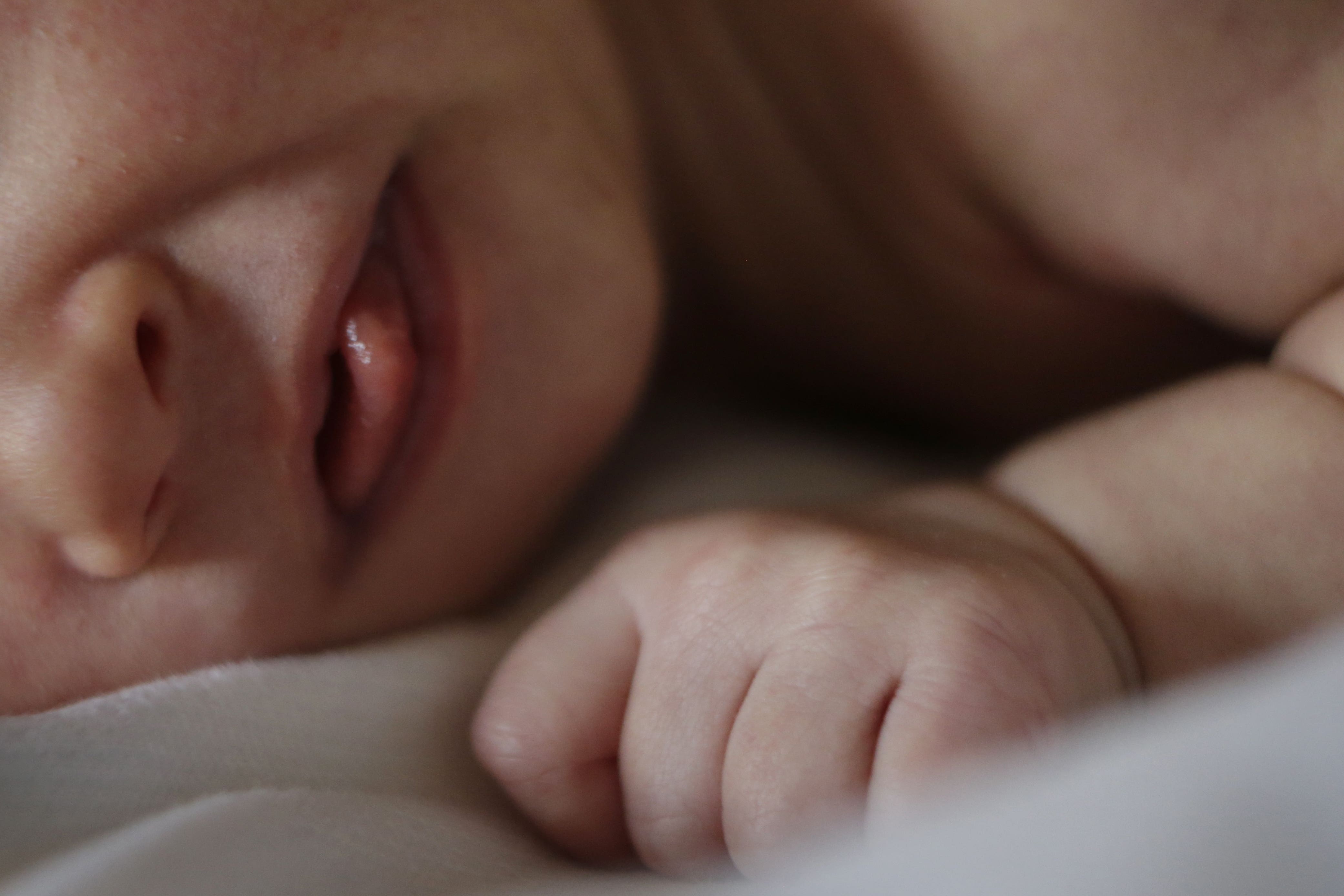Newborn screening for spinal muscular atrophy ‘results in more children walking’
Experts are calling for the condition to be included as part of the routine newborn screening tests.

Your support helps us to tell the story
From reproductive rights to climate change to Big Tech, The Independent is on the ground when the story is developing. Whether it's investigating the financials of Elon Musk's pro-Trump PAC or producing our latest documentary, 'The A Word', which shines a light on the American women fighting for reproductive rights, we know how important it is to parse out the facts from the messaging.
At such a critical moment in US history, we need reporters on the ground. Your donation allows us to keep sending journalists to speak to both sides of the story.
The Independent is trusted by Americans across the entire political spectrum. And unlike many other quality news outlets, we choose not to lock Americans out of our reporting and analysis with paywalls. We believe quality journalism should be available to everyone, paid for by those who can afford it.
Your support makes all the difference.Screening newborns for a rare condition that causes progressive muscle weakness and providing early treatment can significantly improve mobility in children with the disease – including the ability to walk, a study suggests.
Researchers in Australia have found a majority of newborns with type one spinal muscular atrophy (SMA) who had early access to treatment were able to walk independently or with help two years after diagnosis.
Children who were diagnosed once symptoms developed, at an average age of four months, fared less well.
The experts said their findings, published in the journal The Lancet Child & Adolescent Health, are more evidence SMA should be included as part of routine newborn screening tests.
Study author Dr Didu Kariyawasam, of the University of New South Wales, said: “It’s extremely promising that the majority of children diagnosed via newborn screening in our study were able to walk after two years, compared to those children diagnosed through symptoms who were mostly only able to sit unassisted.
“Although we are seeing pilot programmes rolled out, only a small number of countries have fully introduced newborn screening for SMA, with fewer than 2% of newborns across the world currently screened for the condition.”
We believe our findings justify broader implementation of newborn screening for SMA
A baby is born with SMA in the UK every five days, it is estimated.
While there is no cure, treatments are available to help manage the symptoms.
At present, newborn screening for SMA is available in the US, Japan, Netherlands, Belgium, Poland, Slovenia, Norway and Germany.
The UK National Screening Committee, meanwhile, is considering reviewing the case for introducing SMA screening as part of the newborn blood spot screening programme, with pilot studies underway.
SMA is one of the conditions being considered for inclusion in the UK’s Newborn Genome Programme – a research project where experts will aim to diagnose and treat rare genetic disorders in babies using complete DNA sequences of 100,000 newborns.
For the Australian pilot study, researchers looked at 15 newborns diagnosed with SMA at birth – nine of whom did not show any symptoms when they started treatment.
The team also looked at 18 other children, who were found to have the condition following clinical referrals after showing symptoms.
All were assessed for the two years after diagnosis.
Results showed 11 out of 14 children diagnosed via newborn screening were walking independently or with assistance at two years later.
Among those diagnosed after symptoms developed, only one developed the ability to walk.
Those diagnosed via newborn screening also scored better on average in other measures of movement ability and independence in everyday tasks than those diagnosed by symptoms, the researchers said.
Three of the children – one diagnosed by newborn screening and two by symptom onset – entered palliative care during the trial.
Study author Dr Arlene D’Silva, of the University of New South Wales, said: “We believe our findings justify broader implementation of newborn screening for SMA.”